 Sometimes, a single witness can make the difference between winning and losing at trial. This is especially so when you are fighting for reasonable medical compensation. Since insurance companies generally try to give patients the least amount of money as possible, they look for all sorts of ways to do so. One way is to prevent a patient’s physician from testifying and giving an opinion of what he or she believes is causing the patient’s current pain. In the following case, the defendant attempted to do just this, but fortunately for the plaintiff, the Court of Appeal found error in the trial court’s decision to exclude the testimony of the plaintiff’s physician.
Sometimes, a single witness can make the difference between winning and losing at trial. This is especially so when you are fighting for reasonable medical compensation. Since insurance companies generally try to give patients the least amount of money as possible, they look for all sorts of ways to do so. One way is to prevent a patient’s physician from testifying and giving an opinion of what he or she believes is causing the patient’s current pain. In the following case, the defendant attempted to do just this, but fortunately for the plaintiff, the Court of Appeal found error in the trial court’s decision to exclude the testimony of the plaintiff’s physician.
Jasmine Jones and Keith Morgan were in opposite lanes of travel waiting for the traffic light to turn green. Morgan was driving a pickup truck while Jones was driving a compact car. When the light turned green, Jones headed straight, but Morgan made a turn and collided with Jones. Morgan struck Jones’s front tire, but Jones’s vehicle suffered only minor damage. However, Jones felt pain in her back and went to the Rapides Regional Hospital later that day. Dr. Gerald LaGlue, Jones’s initial physician, was unsuccessful in relieving Jones’s pain, and so he referred Jones to Dr. George Williams. Dr. Williams then referred Jones to Dr. Melanie Firmin who performed an epidural steroid spinal injection, which only increased Jones’s pain.
After examining Jones further, Dr. Williams opined that the cause of her pain was radiculopathy, which likely originated from her car accident. However, Dr. Williams never actually performed a diagnostic test to determine if Jones’s pain was caused by radiculopathy. However, he was prevented from testifying about his opinion of Jones’s pain because the defendants succeeded in their Daubert motion, which essentially asks the court to exclude expert witness testimony because it is not reliable. As a result, Jones did not succeed in obtaining as much compensation as she desired because Dr. Williams was not able to testify.
 Louisiana Personal Injury Lawyer Blog
Louisiana Personal Injury Lawyer Blog


 For some people, getting fired from work is like receiving the death sentence. In the following case, an employee was fired without any reason by his employer. The employer also tried to shortchange him by not giving him his earned wages. However, the employer fought back and, more or less, was vindicated under Louisiana law.
For some people, getting fired from work is like receiving the death sentence. In the following case, an employee was fired without any reason by his employer. The employer also tried to shortchange him by not giving him his earned wages. However, the employer fought back and, more or less, was vindicated under Louisiana law. Slip and falls are one of the most common accidents in the United States. Though some slip and falls may only lead to a sense of embarrassment, others can lead to permanent and serious damage to the body. Thus, it makes sense that an establishment owner should ensure that his or her establishment is safe. However, it is also important that people who visit an establishment should be responsible and not behave recklessly. In order to achieve this through law, Louisiana has an “open and obvious” doctrine, which states that an establishment is not responsible for people who were injured due to an open and obvious defect at the establishment.
Slip and falls are one of the most common accidents in the United States. Though some slip and falls may only lead to a sense of embarrassment, others can lead to permanent and serious damage to the body. Thus, it makes sense that an establishment owner should ensure that his or her establishment is safe. However, it is also important that people who visit an establishment should be responsible and not behave recklessly. In order to achieve this through law, Louisiana has an “open and obvious” doctrine, which states that an establishment is not responsible for people who were injured due to an open and obvious defect at the establishment. 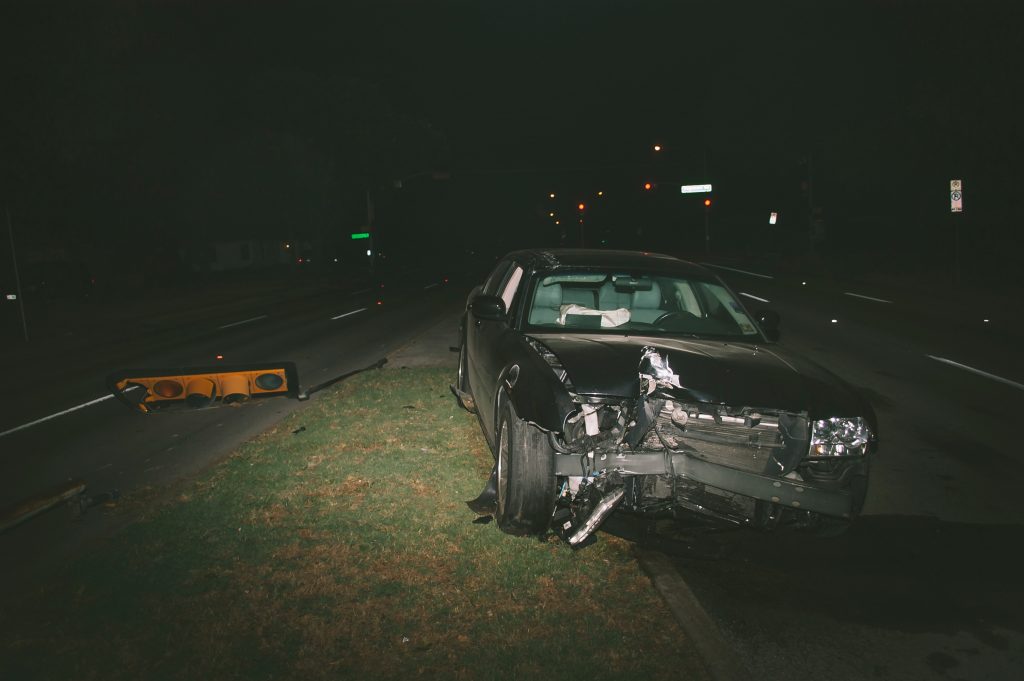 Lawsuits are typically thought of as only between two parties. Frequently however, a lawsuit will involve multiple parties, such as with automobile accidents. In these cases, it is common to assume that a large number of those involved are insurance companies. The Louisiana Third Circuit Court of Appeal recently grappled with these multiparty lawsuits in a recent auto accident lawsuit out of Sulphur.
Lawsuits are typically thought of as only between two parties. Frequently however, a lawsuit will involve multiple parties, such as with automobile accidents. In these cases, it is common to assume that a large number of those involved are insurance companies. The Louisiana Third Circuit Court of Appeal recently grappled with these multiparty lawsuits in a recent auto accident lawsuit out of Sulphur. 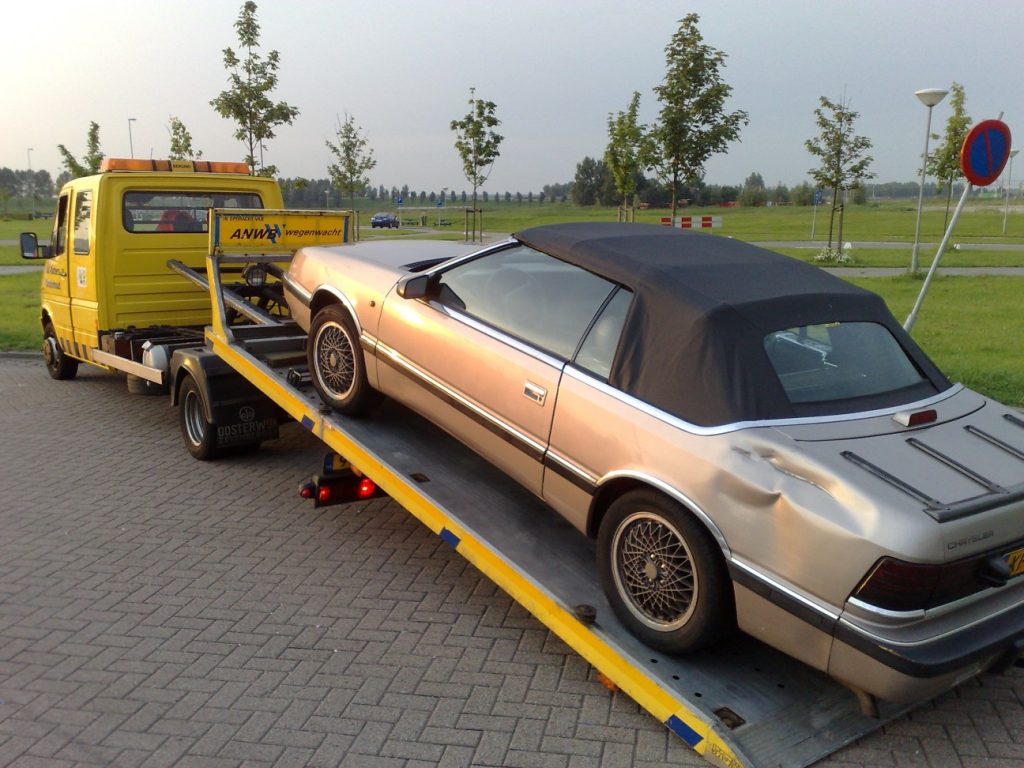 Running a small business is a challenging endeavor that can prove even more difficult if someone publishes false information about your company. This is situation is exactly what happened to husband and wife Robbie and Susan Arnaud, owners of Robbie’s Wrecker Service, a towing business located just outside Eunice, Louisiana.
Running a small business is a challenging endeavor that can prove even more difficult if someone publishes false information about your company. This is situation is exactly what happened to husband and wife Robbie and Susan Arnaud, owners of Robbie’s Wrecker Service, a towing business located just outside Eunice, Louisiana. UPDATE:
UPDATE: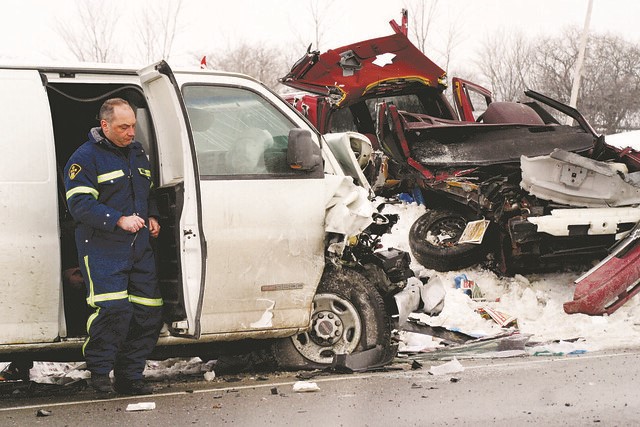 Determining liability in any car accident is frequently a challenging endeavor. This is especially true if one of the vehicles is owned by a city, but a state employee was driving the vehicle. In one such case involving the City of DeRidder, Louisiana, numerous questions arose about who was the liable party after a car accident resulted in multiple injuries.
Determining liability in any car accident is frequently a challenging endeavor. This is especially true if one of the vehicles is owned by a city, but a state employee was driving the vehicle. In one such case involving the City of DeRidder, Louisiana, numerous questions arose about who was the liable party after a car accident resulted in multiple injuries.  Going to the grocery store is a frequent occurrence for most of us. However, most people are probably not aware of when a grocery store can be held liable for selling unsuitable products.
Going to the grocery store is a frequent occurrence for most of us. However, most people are probably not aware of when a grocery store can be held liable for selling unsuitable products. 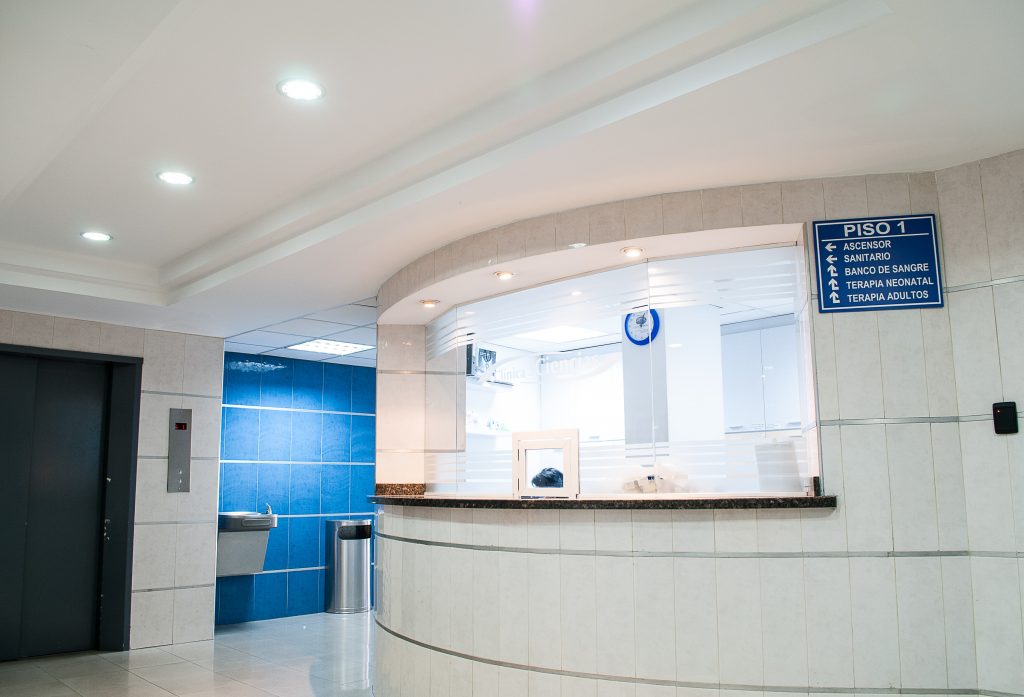 Navigating any lawsuit can be challenging, especially when the initial trial gives rise to complicated appeals. In this instance, the plaintiff was left wondering how jury instruction impacted her medical malpractice lawsuit.
Navigating any lawsuit can be challenging, especially when the initial trial gives rise to complicated appeals. In this instance, the plaintiff was left wondering how jury instruction impacted her medical malpractice lawsuit. 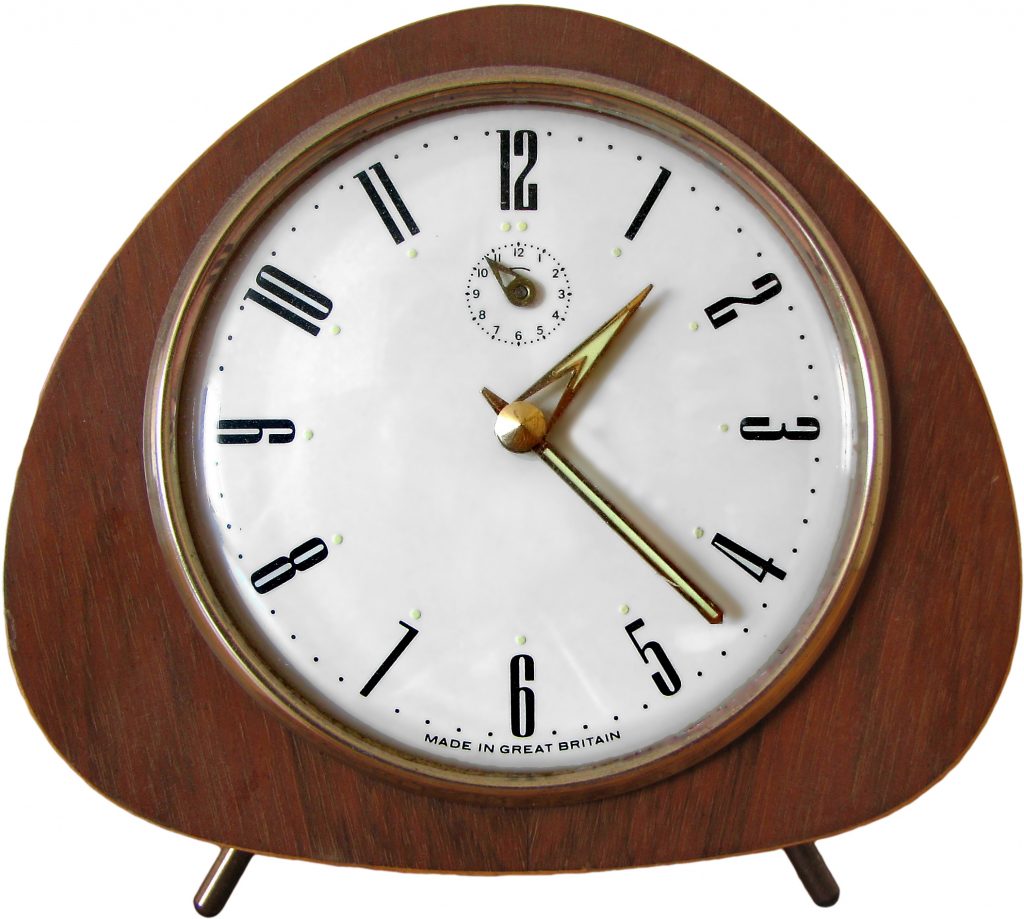 If you are injured and think another party might be at fault, it is important to contact an attorney as soon as possible. If you wait too long, your claim, and any chance of recovering damages could expire, leaving you with little recourse against the responsible party. In the law, this is referred to as prescription, and different claims have different time periods before they prescribe, i.e., expire. In Louisiana, the doctrine of prescription protects defendants from having to defend against stale claims by requiring plaintiffs to file suit in a court of competent jurisdiction and venue within a specified time period and to pursue that suit in a timely manner. There are additional rules determining what actions serve to interrupt the running of prescription, but generally, prescription begins to run from the day damage is sustained,
If you are injured and think another party might be at fault, it is important to contact an attorney as soon as possible. If you wait too long, your claim, and any chance of recovering damages could expire, leaving you with little recourse against the responsible party. In the law, this is referred to as prescription, and different claims have different time periods before they prescribe, i.e., expire. In Louisiana, the doctrine of prescription protects defendants from having to defend against stale claims by requiring plaintiffs to file suit in a court of competent jurisdiction and venue within a specified time period and to pursue that suit in a timely manner. There are additional rules determining what actions serve to interrupt the running of prescription, but generally, prescription begins to run from the day damage is sustained,